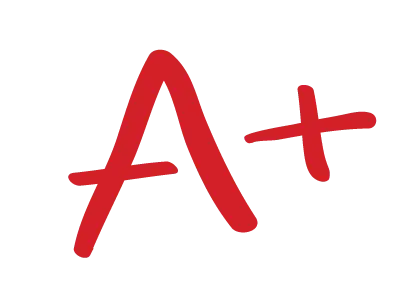For this assignment, you are asked to send your Open Learning Faculty Member reading notes for four of the articles you have read in Units One and Two.
The ability to prepare clear and useful summaries of your readings is an important part of studying history. It’s also a useful skill with a multitude of applications. An example of a good reading note summary is provided in Unit One. We want to be sure that you’ve got this skillset up and running early in the course, so this assignment is front-loaded.
WRITE THIS ESSAY FOR ME
Tell us about your assignment and we will find the best writer for your paper.
Get Help Now!For early feedback on your studying, reading, and note-taking techniques and on your comprehension submit this to your Open Learning Faculty Member early, before you start Unit Three. It will be marked on a percentage basis out of a total of 100 marks and contributes 10 per cent toward your final grade for the course.
For this assignment, you are asked to send your Open Learning Faculty Member reading notes for four of the articles you have read in Units One and Two.
For each reading note, be sure to provide a correct citation, a statement of the author’s argument, a summary of the main points of analysis, the typical sources of evidence used by the author, and your assessment of how well the author developed his or her argument.
Each reading note should be about 200–250 words, excluding the citation. You may be penalized if your reading notes are excessively short or long.
Submit reading notes for four of the following articles:
- Allan Greer, “National, Transnational, and Hypernational Historiographies: New France Meets Early American History,”Canadian Historical Review91, no. 4 (December 2010): 695–724. doi: 10.3138/chr.91.4.695.
- Alan Gordon, “The Many Meanings of Jacques Cartier,” chap. 6 in The Hero and the Historians: Historiography and the Uses of Jacques Cartier (Vancouver: UBC Press, 2010) (TRU library e-book, search: The Hero and the Historians )
- B. McKillop, “Who Killed Canadian History? A View from the Trenches,” Canadian Historical Review, 99, no.2 (June 1999): 269-300.
- Charles C. Mann, “1491,” The Atlantic(March 2002), http://www.theatlantic.com/magazine/archive/2002/03/1491/302445/.
| 1491
www.theatlantic.com Before it became the New World, the Western Hemisphere was vastly more populous and sophisticated than has been thought—an altogether more salubrious place to live at the time than, say, Europe. New evidence of both the extent of the population and its agricultural advancement leads to a remarkable conjecture: the Amazon rain forest may be largely a human artifact |
- Susan Neylan, “Unsettling British Columbia: Canadian Aboriginal Historiography, 1992–2012,” History Compass11, no. 10 (October 2013): 845–858, doi: 10.1111/hic3/12085.
- Harald E. L. Prins, “Children of Gluskap: Wabanaki Indians on the Eve of the European Invasion,” chap. 4 in American Beginnings: Exploration, Culture, and Cartography in the Land of Norumbega, eds. Emerson W. Baker, Edwin A. Churchill, Richard D’Abate, Kristine L. Jones, Victor A. Conrad, and Harald E. L. Prins. (Lincoln: University of Nebraska Press, 1994), 95–117.
Introducing our Online Essay Writing Services Agency, where you can confidently place orders for a wide range of academic assignments. Our reputable homework writing company specializes in crafting essays, term papers, research papers, capstone projects, movie reviews, presentations, annotated bibliographies, reaction papers, research proposals, discussions, and various other assignments. Rest assured, our content is guaranteed to be 100% original, as every piece is meticulously written from scratch. Say goodbye to concerns about plagiarism and trust us to deliver authentic and high-quality work.



